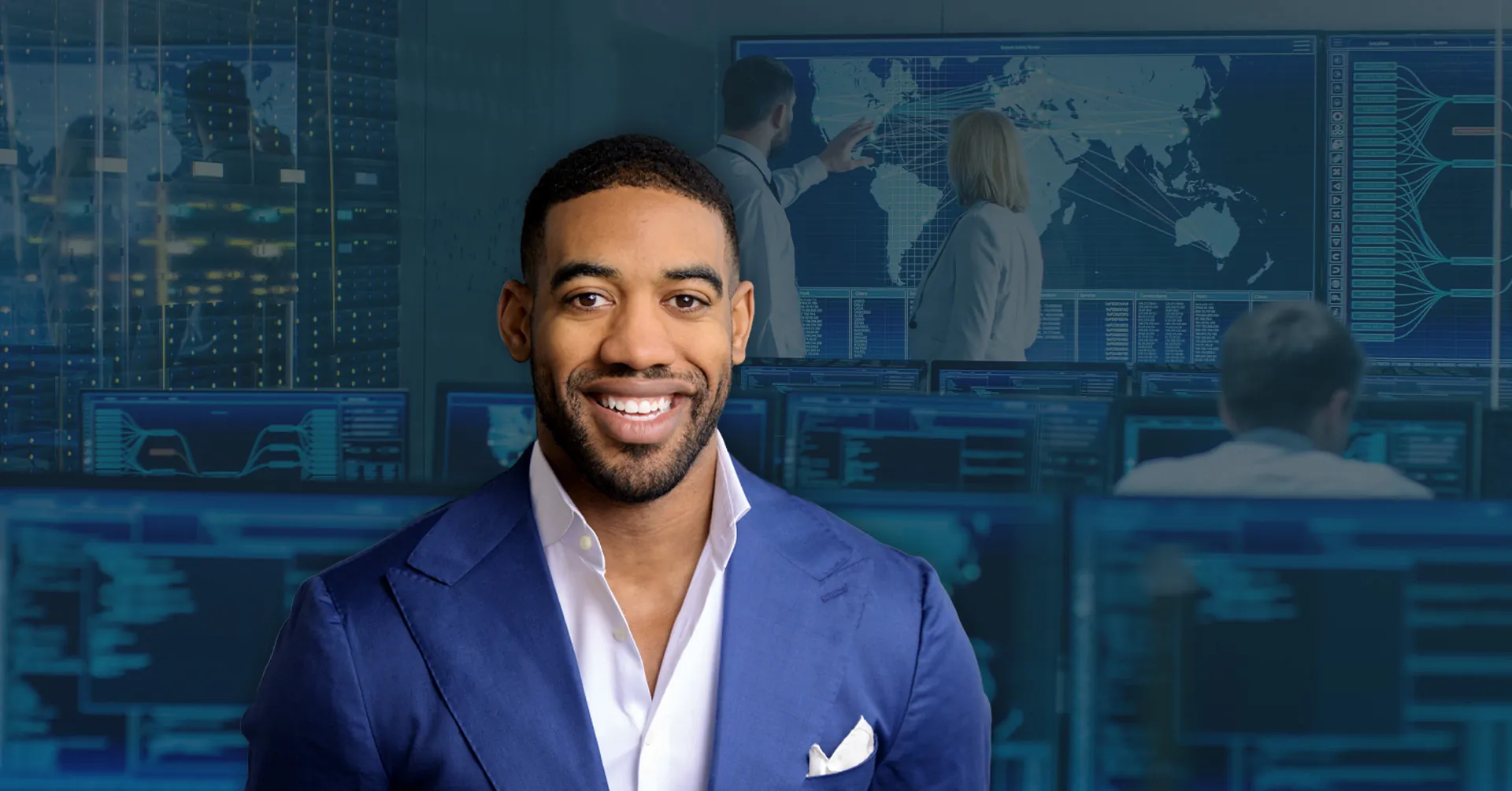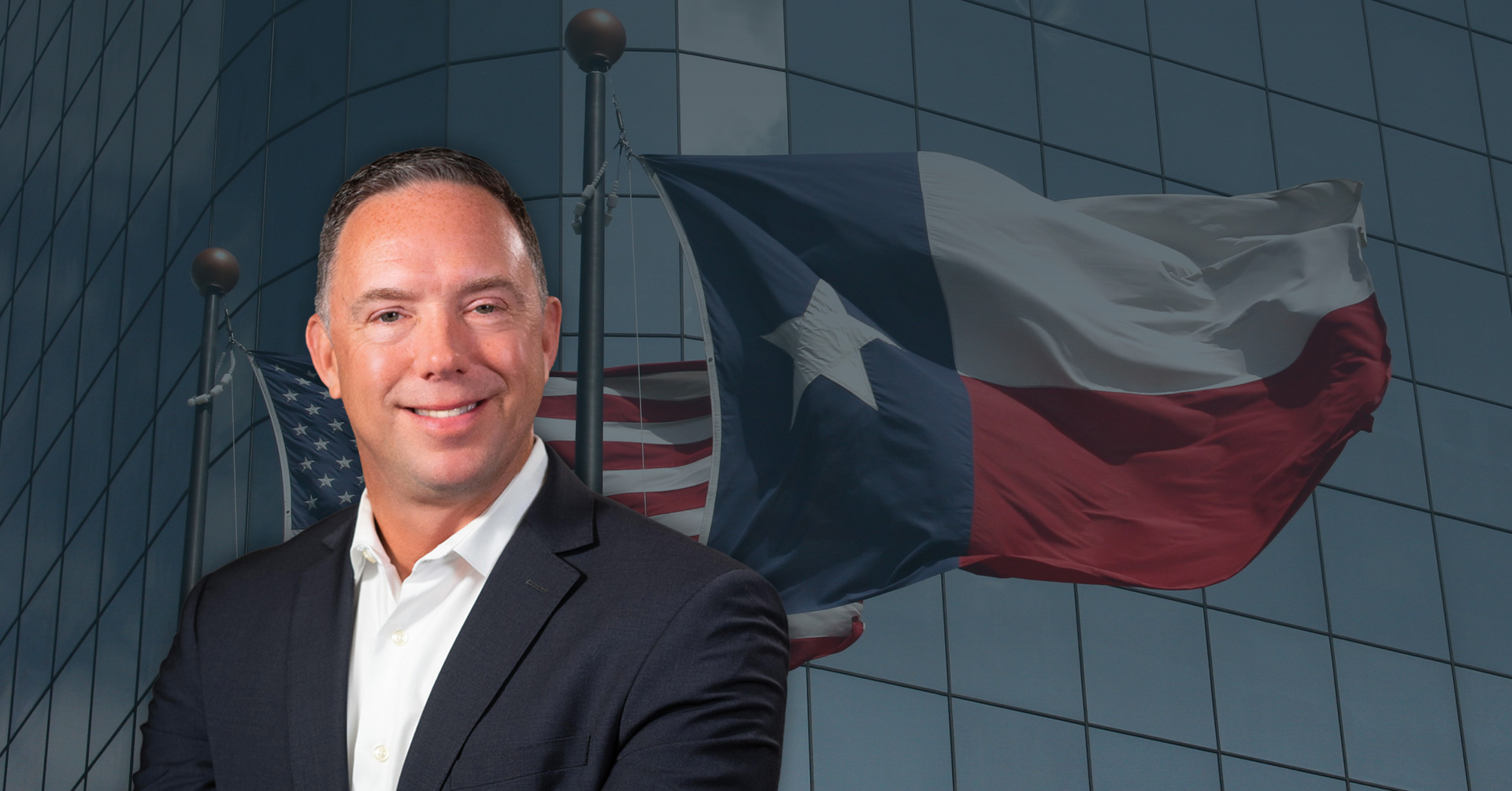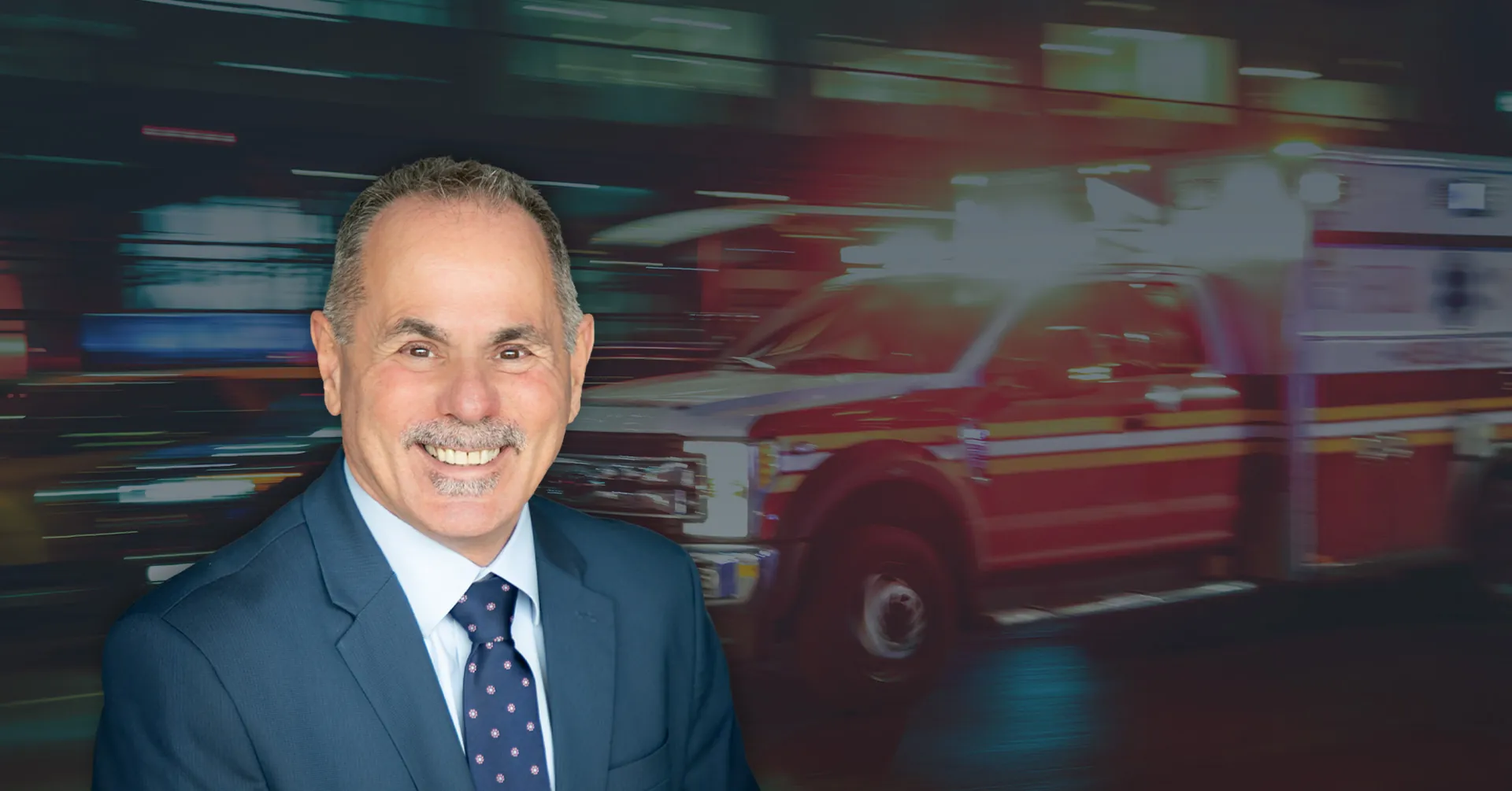An Engineer’s Advice on Ensuring Structural Safety
Many organizations don’t realize that building safety codes were designed to ensure human survival and nothing more. They don’t guarantee that your building will be operable or even occupiable after a disaster.
A building needs to go beyond that minimum safety standard to support business continuity.
In this episode, Tracy Kijewski-Correa, Structural Engineer and Associate Professor at the University of Notre Dame, explains the steps that organizations should take to enhance building safety and maintain operations following a disaster.
We discuss:
- Why the loss of life and property is often preventable
- Setting safety goals to thrive, not just survive
- The competitive advantage of exceeding minimum safety codes
- How organizations can help create market demand for safer construction
Mentioned during the podcast:
StEER Network
The Employee Safety Podcast is hosted by Peter Steinfeld, SVP of Safety Solutions at AlertMedia.
You can find this interview and many more by subscribing to The Employee Safety Podcast on Apple Podcasts, Spotify, or here.

More Episodes You May Be Interested In
-
 Security From Scratch: Tips on Building Scalable Strategies
Security From Scratch: Tips on Building Scalable StrategiesJared Greene brings a unique blend of federal law enforcement experience and corporate security expertise to his role as Head of Global Security and Safety at Vuori. Tasked with building a comprehensive safety program from scratch, Jared has implemented a scalable strategy that protects employees, assets, and operations across a rapidly growing global footprint. In…
-
 How BeforeDuringAfter Is Boosting Business Resiliency in Texas and Beyond
How BeforeDuringAfter Is Boosting Business Resiliency in Texas and BeyondBusiness resilience means effectively navigating organizational disruptions from preparedness through recovery, and it can be difficult for any business to achieve. Emergency preparedness and business continuity expert, Justen Noakes, joins the show to discuss how his latest venture, BeforeDuringAfter, a free online resource providing crisis management tools and best practices, is helping to build a…
-
 “15 ‘til 50”: A Breakthrough in Mass Casualty Response
“15 ‘til 50”: A Breakthrough in Mass Casualty ResponseWhen a mass casualty incident occurs, every second counts. Chris Riccardi, Emergency Management and Business Continuity Manager at Rady Children’s Health, developed a transformative response program that enables hospitals and other facilities to triage and treat 50 victims in under 15 minutes. In this episode, Chris breaks down how the “15 ‘til 50” protocol was…

